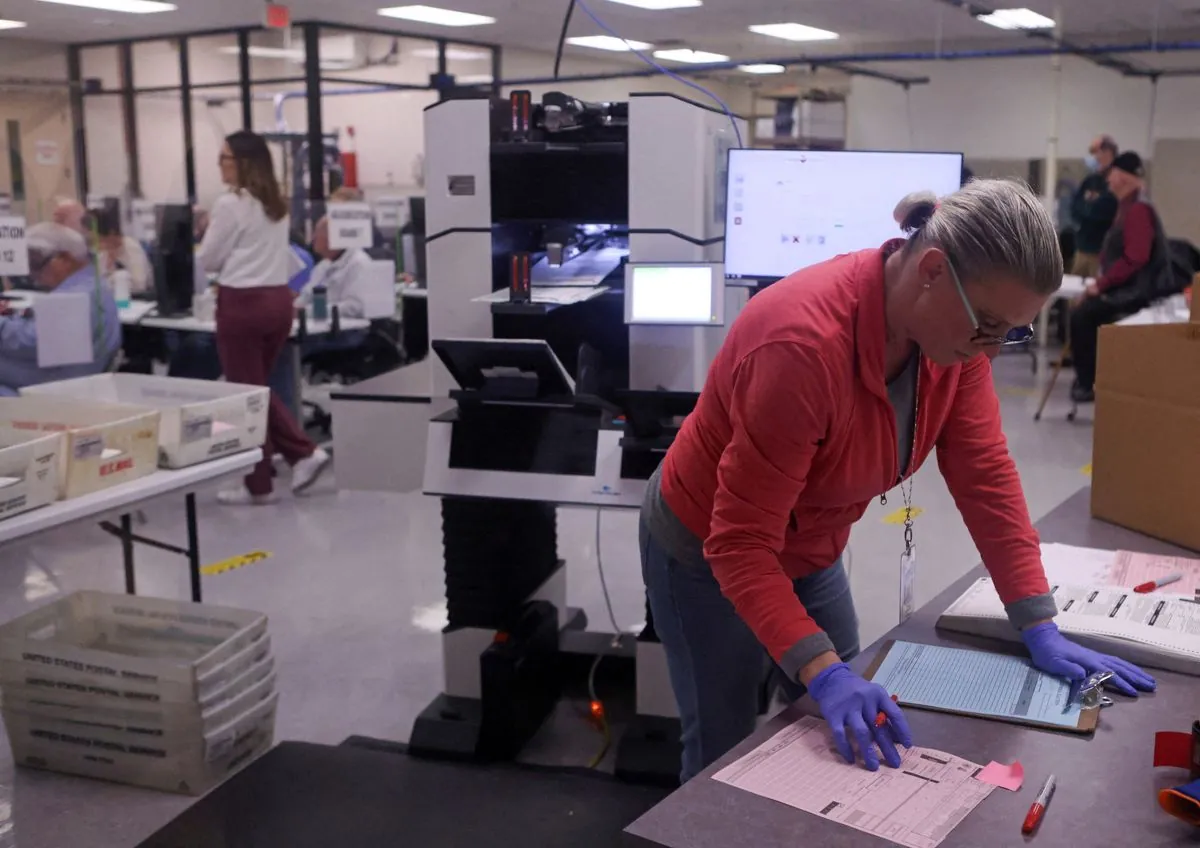As the United States prepares for its upcoming election on November 5, 2024, experts are sounding the alarm about a critical vulnerability in the democratic process. The period immediately following the closure of polls has been identified as a prime opportunity for both foreign adversaries and domestic groups to interfere with the election's integrity.
Mark Warner, chair of the Senate Intelligence Committee, emphasizes the potential for significant misinformation and disinformation campaigns after polls close. This concern is particularly acute given the anticipated close nature of the election, which could exacerbate the impact of any false narratives.
The threat landscape has evolved significantly since 2016 when election disinformation first emerged as a major issue. Social media platforms, now primary sources of information for many voters, have become battlegrounds for influence operations. Intelligence officials warn that countries like Russia, China, and Iran are likely to expand their use of online disinformation strategies beyond single elections.
Cybersecurity experts highlight several potential scenarios that could undermine public confidence:
- Out-of-context footage of election workers misrepresented as evidence of fraud
- Deepfake videos of candidates making false admissions
- Targeted misinformation campaigns aimed at specific voting blocs
The risk is amplified by the fact that the U.S. lacks a centralized federal election commission, with elections managed at state and local levels. This decentralization, while providing some security benefits, can also create vulnerabilities that bad actors might exploit.
Despite these concerns, election security officials assure that the voting system itself remains secure against outcome-altering attacks. Jen Easterly, director of the Cybersecurity and Infrastructure Security Agency (CISA), states:
"Malicious actors, even if they tried, could not have an impact at scale such that there would be a material effect on the outcome of the election."
However, the focus remains on protecting public trust in the electoral process. The period between Election Day and Inauguration Day on January 20, 2025, provides ample opportunity for doubt to be sown. This was evident in the aftermath of the 2020 election, which culminated in the January 6, 2021 attack on the U.S. Capitol.
To combat these threats, various measures have been implemented. The Help America Vote Act of 2002 improved voting systems and voter access, while CISA, established in 2018, works to safeguard election infrastructure. Social media platforms have also introduced policies to combat election misinformation.
As the election approaches, it's crucial for voters to remain vigilant and seek information from reliable sources. The U.S. election system, with its diverse voting methods and decentralized structure, remains resilient. However, the battle against disinformation and influence operations continues, extending far beyond any single election cycle.
